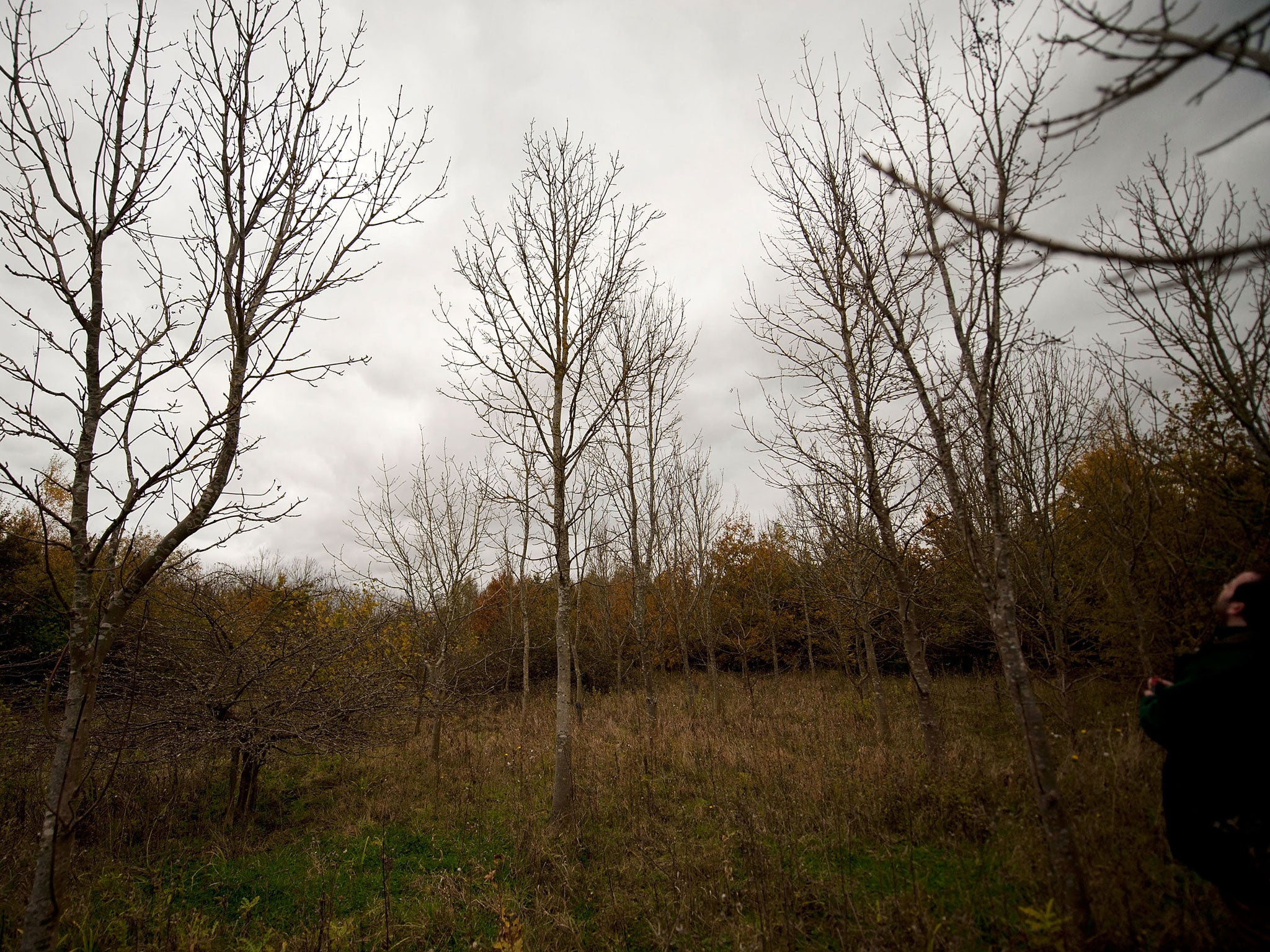
Trees in a Somerset plantation have survived ash dieback for far longer than previously thought possible – suggesting there may be potential to slow the spread of the disease in the British countryside.
The National Trust said only 10 per cent of the 6,000 ash trees at the Holnicote plantation, near Minehead, are showing any signs of the disease, despite having been infected for five years longer than any other tree in the UK so far.
Ash dieback, known as Chalara fraxinea, is present in one other small plantation nearby but does not appear to have spread any farther, which the National Trust said was at odds with Government predictions. The National Trust findings suggest tackling the disease in the UK is not a lost cause.
Dr Simon Pryor, natural environment director at the National Trust, said: “Even the trees affected have not suffered as much as we’d have expected, and very few have died, despite apparently having had the disease for nearly a decade.”
PA
Join our commenting forum
Join thought-provoking conversations, follow other Independent readers and see their replies
Comments